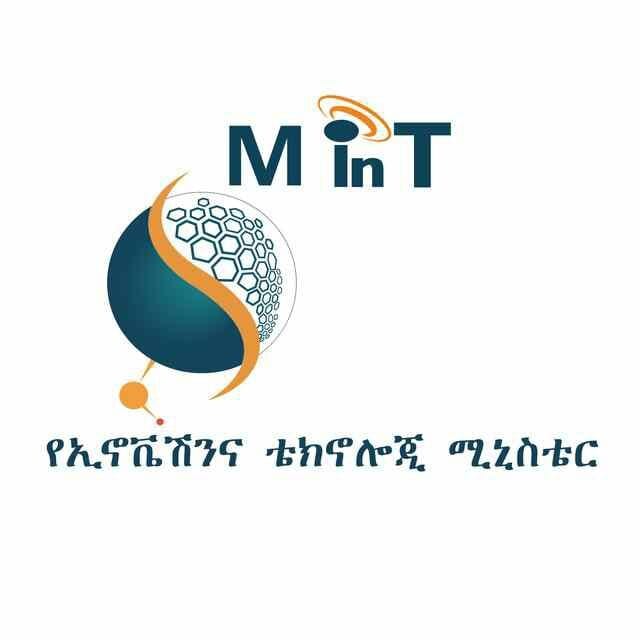
Hello
Finally, the long-awaited draft Startup Proclamation is a step closer to becoming a reality. The Ministry of Innovation and Technology has released the draft for public consultation, a crucial step before the law can be enacted.
Stalled for five years since its introduction in 2020, the proclamation aims to redefine the landscape for startups in Ethiopia. It promises to formally recognize startups, unlock incentives to spur innovation, establish a streamlined process for startup labeling, and set up a regulatory authority to nurture and oversee the growing ecosystem. Read the draft proclamation.
While a new GSMA report has generated significant buzz by projecting Ethiopia's digital economy to contribute 1.5 trillion birr to the GDP by 2028, the report also warns that new taxes on telecom and mobile money services could stifle this growth by reducing digital transactions.
This past week also saw major developments in green mobility, progress in Ethiopia's debt rating, Safaricom’s device financing, a trial in household food security, a growing cyber threat, and an analysis of the digital divide in EdTech.
If you are here because someone forwarded you this email, you can subscribe here to get future newsletters.
Affordability is Biggest Barrier to Mobile Internet Adoption in Ethiopia: Report
Affordability remains the biggest barrier to mobile internet adoption in Ethiopia, according to the latest report by the Global System for Mobile Communication Association (GSMA). Read more.
Fitch Upgrades Ethiopia's Local-Currency Rating to CCC
Fitch Ratings has upgraded Ethiopia's Long-Term Local-Currency Issuer Default Rating (IDR) to CCC from RD (Restricted Default) while affirming its Long-Term Foreign-Currency IDR at RD. This upgrade indicates that Ethiopia has made progress in addressing its debt issues and has resumed servicing some of its local currency obligations. Read more.
Holy Matrimony: Ethiopia’s Green Wagon Onboards Local EV Startup
Battery swapping stations can potentially reduce the initial purchase cost of electric bikes by 50%, as users can avoid the upfront expense of buying a battery, which typically accounts for half the total cost. Read more.
Safaricom Ethiopia to Launch Device Financing Service
In a bid to bridge challenges of affordable phone access, Safaricom Ethiopia is set to roll out a device financing program within the next few months. Read more.
Innovators Shine at Start-Up Competition
Three innovators have emerged victorious in Total Energies' annual start-up competition. Open to entrepreneurs aged 18 to 35 owning businesses less than three years old, the competition aims to support groundbreaking projects across the continent. Read more.
IPDC Signs MoU with Chinse Electric Vehicle Manufacturer
Industrial Parks Development Corporation of Ethiopia (IPDC) has signed a Memorandum of Understanding (MoU) with Anda Vehicle Manufacturing Company and Aniy Furniture PLC, a Chinese electric vehicle and modern office furniture manufacturer. Read more.
Shadowy Business Firm Offers Smartphones For 40% Down Payment in Addis Ababa
An uncanny marketing scheme for smartphones has been buzzing through Addis Ababa over the past few weeks, offering devices on a credit basis. Read more.
Research Institute Looks to Juice Up Avocado Oil Production in Households
An ambitious project by the Ethiopian Bio & Emerging Institute (EBEI) looks to kickstart avocado oil production across households nationwide. Read more.
Ethiopia among Targeted Countries in Growing Global Cyber Threat
Kaspersky, a global cybersecurity and digital privacy company, has raised the alarm bells around the worrying Grandoreiro banking trojan which has been causing havoc around the world. Ethiopia is among the countries now targeted by the cyber threat. Read more.
Aspirational Hazards: EdTech Digital Divide
While Ethiopia's internet access figures fall below the continental average of 40% and the sub-Saharan average of 30%, the disparities are even more pronounced when disaggregated by gender and location, highlighting a persistent digital divide in education, driven by gaps in public digital infrastructure, digital literacy, and economic barriers. Read more.